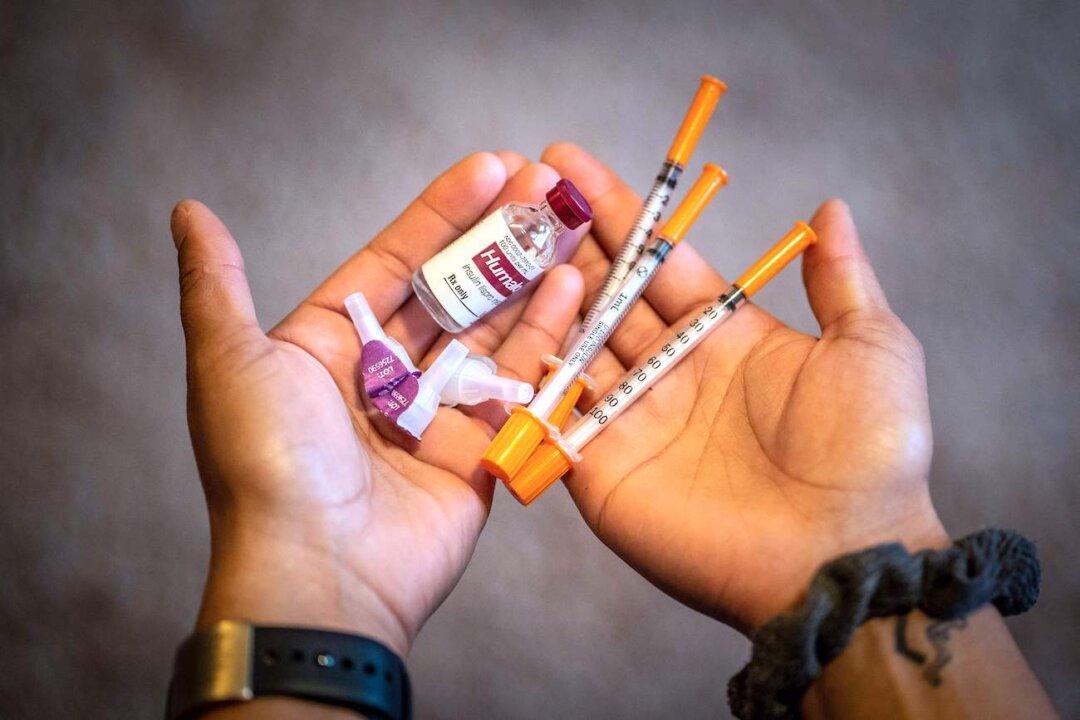More than a million American adults with diabetes may have had to skip or ration doses of insulin in the past year as the cost of the life-saving medication soared under the Biden administration, according to a new study.
The study, titled “Prevalence and Correlates of Patient Rationing of Insulin in the United States: A National Survey,” was published on Oct. 18 in the Annals of Internal Medicine.




